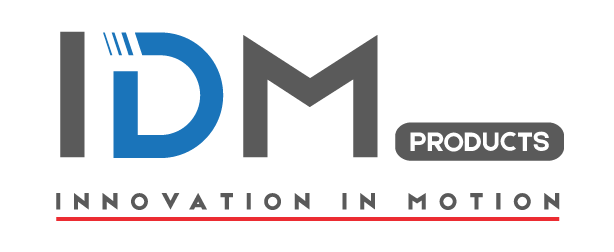Supply chain shortages have become a major concern for businesses and customers alike. Many industries are facing shortages in raw materials, components, and finished products due to disruptions caused by the pandemic and other factors. This has led to delays in production, shipping, and delivery times, leaving customers frustrated and disappointed.
As a business, it is crucial to manage customer expectations during these challenging times. Communication is key – be transparent about the supply chain challenges you are facing and the impact it may have on your ability to meet customer demands. Provide regular updates on inventory levels, backorders, and estimated delivery times to set realistic expectations.
Offer alternative solutions where possible. If a particular product is not available due to shortages, can you offer a similar product or suggest alternative brands? Providing options can help alleviate customer frustration.
Prioritize your loyal customers. If you have limited supply, consider giving priority to customers who have been with you for a long time or who have made significant purchases in the past. This can help strengthen customer loyalty and maintain positive relationships.
Consider implementing a waitlist or reservation system. If you know that certain products will be in high demand but limited supply, create a system that allows customers to reserve or pre-order items. This can help manage expectations and ensure that those who are willing to wait get the product they desire.
Lastly, provide exceptional customer service. With supply chain shortages causing stress and frustration, it is important to go above and beyond to assist customers. Offer personalized support, respond promptly to inquiries, and show empathy towards their concerns.
By effectively managing customer expectations during supply chain shortages, businesses can maintain customer satisfaction and loyalty, despite the challenges they may be facing.

